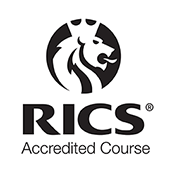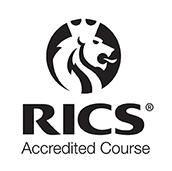We’ve designed this Masters in partnership with online experts to make sure you get the most flexible and engaging experience possible. We understand all our students are different and lead busy lives. That’s why our focus is on self-paced, interactive learning that will allow you the freedom to study whenever and wherever it suits you. The recommended study time for the course is 15 hours a week.
You will access all your learning materials through our eLearning portal (elp) Blackboard Ultra. You will study one module at a time. The form of your assessments will vary between modules – they could take the form of an essay or a multiple-choice exam – but all of them will be submitted online. There will be no need to come to campus throughout the duration of your course.
Each of our modules has been carefully designed to ensure you gain the knowledge you need about that topic in the most effective, most engaging way. However, all of them will be split into multiple sessions and follow a three-stage structure: Learn, Explore and Apply. In each teaching week, you’ll have the chance to engage with interactive tools and media, ranging from text-based to video/audio (“Learn”), as well as complete online readings (“Explore”) in your own time. There will also be the chance to test yourself and receive formative feedback.
You’ll join a supportive, lively online community. Throughout the course, you will participate in virtual discussion boards with your academics and fellow students, sharing your thoughts, knowledge and experience with them as you learn (“Apply”). In addition, you will be able to attend live webinars on key aspects of the module and its delivery/structure, such as assessments. These sessions will offer you the chance to engage with your tutors in real time and ask any questions you have about the course. If you are unable to attend these scheduled sessions, they will also be recorded so you can watch them at a time that works for you.
As well as the support of your module tutors and fellow students, you’ll have access to our Student Success Team from day one through to graduation. Whether you need pastoral guidance, help with assessments or advice about fees, they will be with you at every step. Blackboard Ultra also offers 24/7 access to a range of advice and support services, such as Ask4Help, too.
You will also be able to access over half a million books and e-books through our online University Library Services.
 Option for Placement Year
Option for Placement Year Option for Study Abroad
Option for Study Abroad











